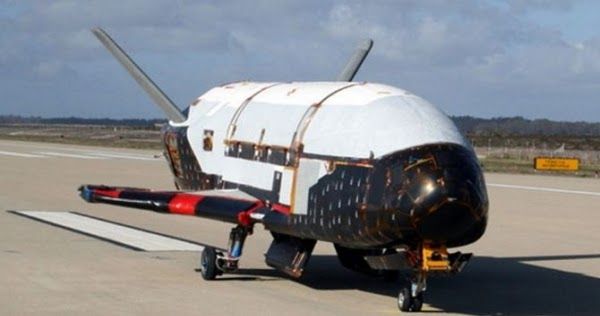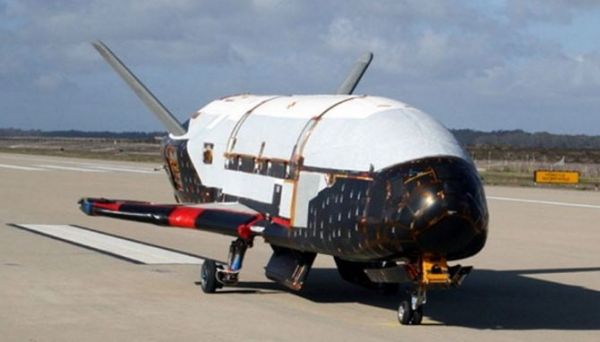Apr 10, 2017
Is monetizing federal land the way to pay for basic income?
Posted by Zoltan Istvan in categories: economics, government, robotics/AI
Here’s a very important article to me—and a part of my platform moving forward. Automation is coming, but we don’t need to raise taxes to pay for a Basic Income. There are other ways to deal with our jobless future and poverty in America.
Like the Titanic, capitalism is sinking, but few passengers are wondering yet if there are enough lifeboats.
I recently declared my run as a Libertarian for California governor in 2018, and I gently support the idea of a state-funded basic income to offset the effects of ubiquitous automation. A basic income would give every Californian some money — and it makes sense to start such a dramatic program here in the Golden State, since this is where much of the human-job-replacing-tech is created.
Continue reading “Is monetizing federal land the way to pay for basic income?” »

















